Syrian protests spark fear of destabilisation
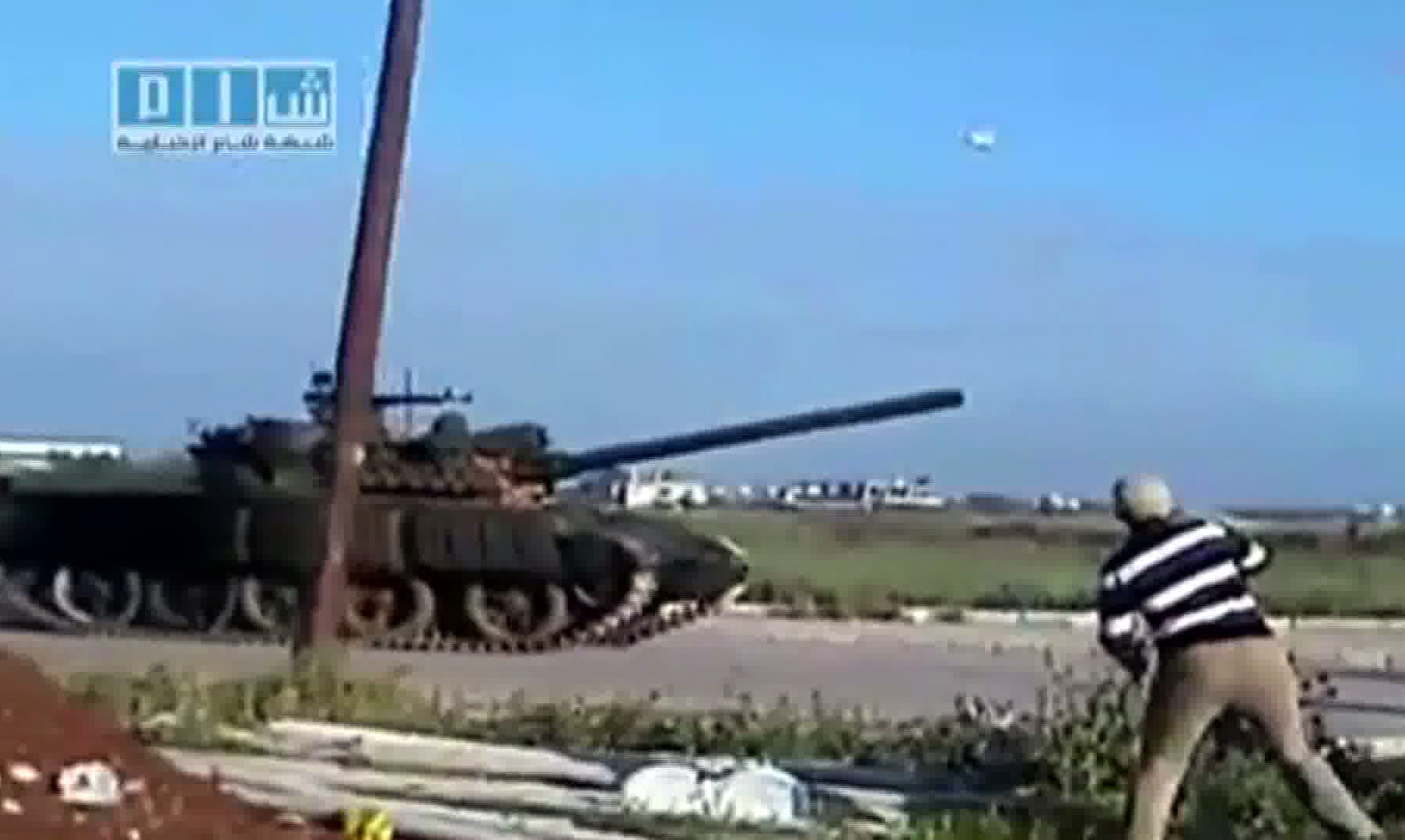
The civilian death toll in Syria is mounting as the regime cracks down on protestors, but the international community appears unsure what to do about it.
Lorenzo Suarez, a Swiss who returned from Syria last month after three and a half years in the country, tells swissinfo.ch there are fears that a weakening of the regime could destabilise the entire region.
Violence against protestors is only fuelling the demonstrations, he says, and there is concern inter-community clashes could break out.
At a meeting on Wednesday the UN Security Council was unable to agree on a statement condemning the repression. Representatives of the European Union are to discuss possible sanctions on Friday and the UN Human Rights Council will also discuss the situation.
Meanwhile, human rights organisations on Thursday put the death toll at about 500 since the protest movement began about six weeks ago.
swissinfo.ch: During the three years you spent in Syria, did you have any inkling that the regime might face this kind of challenge?
Lorenzo Suarez: I would never have imagined that this might happen. Even at the beginning of the uprisings in Tunisia and Egypt, no one I knew thought the protest movement could one day reach Damascus. Many people, including young ones, had quite favourable opinion of [President] Bashar al-Assad.
This was how Syrians saw it: Bashar al-Assad is a reformist full of good intentions, but he is surrounded by a old guard made up of military men and bigwigs from the intelligence service whom he inherited from his father, and they are the problem.
Today, more and more Syrians are demanding a change at the top of the regime, and not just in the president’s entourage. That’s something new.
swissinfo.ch: How do you explain the spread of the protest movement?
L.S.: At first there was a lot of talk about the importance of social networks like facebook and twitter. But in fact the number of protesters using the internet is quite limited. The protests have gained strength in response to the killings carried out by the regime.
We are seeing a spiral fed by the manifest violence of the regime when it is challenged by the rational arguments of the opposition: repression provokes demonstrations which provoke repression.
In a region where religious identities are very strong and emotion can easily get the upper hand, the regime is playing with fire.
swissinfo.ch: Is Deraa the epicentre of the revolt against Assad’s regime in the way that Benghazi is in Libya?
L.S.: It is certainly at the heart of the protest movement, but other hotbeds have emerged elsewhere in the country. Deraa is a region that has been ignored for a long time, with a lot of economic problems. Youth unemployment is one of the drivers of the protest movement, but it’s not the only one.
The demands are also very varied. Some want the release of a family member from prison, others are demanding more economic or political freedom, and yet others are opposed to the system itself.
In the street, what we are seeing is a revolt rather than a revolution: people who reject the established order outright, but don’t have the inclination or the means to propose an alternative to the existing regime.
swissinfo.ch: Has the Syrian regime’s ability to suppress dissent been underestimated?
L.S.: The current crackdown is of course totally unacceptable, but we have to keep a sense of proportion. The state is not systematically and indiscriminately attacking thousands of civilians. Rather, it has opted for targeted killings and arrests in the hope of intimidating and stifling the movement.
In the west, no one has ever had any illusions about Bashar al-Assad’s regime. Its nature is fundamentally no different from that of his father Hafez al-Assad, even if over time a trend towards moderation has become discernible. What is most surprising is not the behaviour of the regime, but the emergence and rapid development of the protest movement itself.
swissinfo.ch: Are you afraid that the protests could lead to inter-community clashes?
L.S.: Yes, I’m very worried about that. Syria is a patchwork of communities and religions, just like its neighbour Iraq. So the history of the sub-region does raise fears of another explosion. Although tourists and some western observers who visit modern Syria sometimes tend to idealise it as a stable and secure state where there is inter-communal harmony, relations between the communities are tenser than many people think.
The Alawites who are currently in power are often rightly accused of having appropriated the resources of the state and private economy. There is a real danger of radicalisation, fed by resentment and mistrust.
swissinfo.ch: Could the Assad regime collapse?
L.S.: Obviously anything is possible, as Tunisia, Egypt and Libya have shown. But I think this scenario is still a long way off. The number of demonstrators is still relatively low and the vital organs of the state apparatus are by no means in danger.
Secondly, there’s no political project underlying the protest movement which could bring together a majority of the population.
And finally, we shouldn’t underestimate the geopolitical situation in the region. The great powers with an influence in Syria and the neighbouring countries do not seem keen to take the risk of intervening, when this could lead to another civil war at the heart of an already very unstable region.
The Swiss foreign ministry has advised Swiss citizens to leave Syria if their presence is not essential.
A message on its website on April 28 described the situation as “very tense” and warned that it could deteriorate.
However, it is not currently planning a mass evacuation; people should use commercial transport it said.
In a statement on April 26 the ministry wrote of its “concern” about the events in Syria over the past weeks.
It urged the authorities to put an end to repression and to respect the basic rights of Syrian citizens.
It demanded that an independent investigation be carried out as soon as possible in order to find out the exact circumstances of the violence.
It also appealed for the Syrian authorities to grant foreign media access to the crisis zones.
Syria has a population of 22.5 million, half of whom live in urban areas; 52% are under 25.
The bulk of the population are Arab (89%); other ethnic groups include Kurds, Armenians, Assyrians, Circassians and Turcoman.
Along with the native population, it has several hundred thousand Palestinian and Iraqi refugees.
Sunni Muslims form the largest religious community (72%); there are also Shiite Muslims, and several Muslim sects, including Alawites (to which the Assad family belongs) and Ismailis. Christians are estimated at about 10% of the population, divided between a range of Eastern Orthodox and Catholic churches, with a small number of Protestants. There is also a small number of Yazidis, a secretive sect whose main base is in Iraq.
Modern Syria gained its independence from France in 1946 but has lived through periods of political instability driven by the conflicting interests of these various groups.
(Adapted from French by Julia Slater)

In compliance with the JTI standards
More: SWI swissinfo.ch certified by the Journalism Trust Initiative
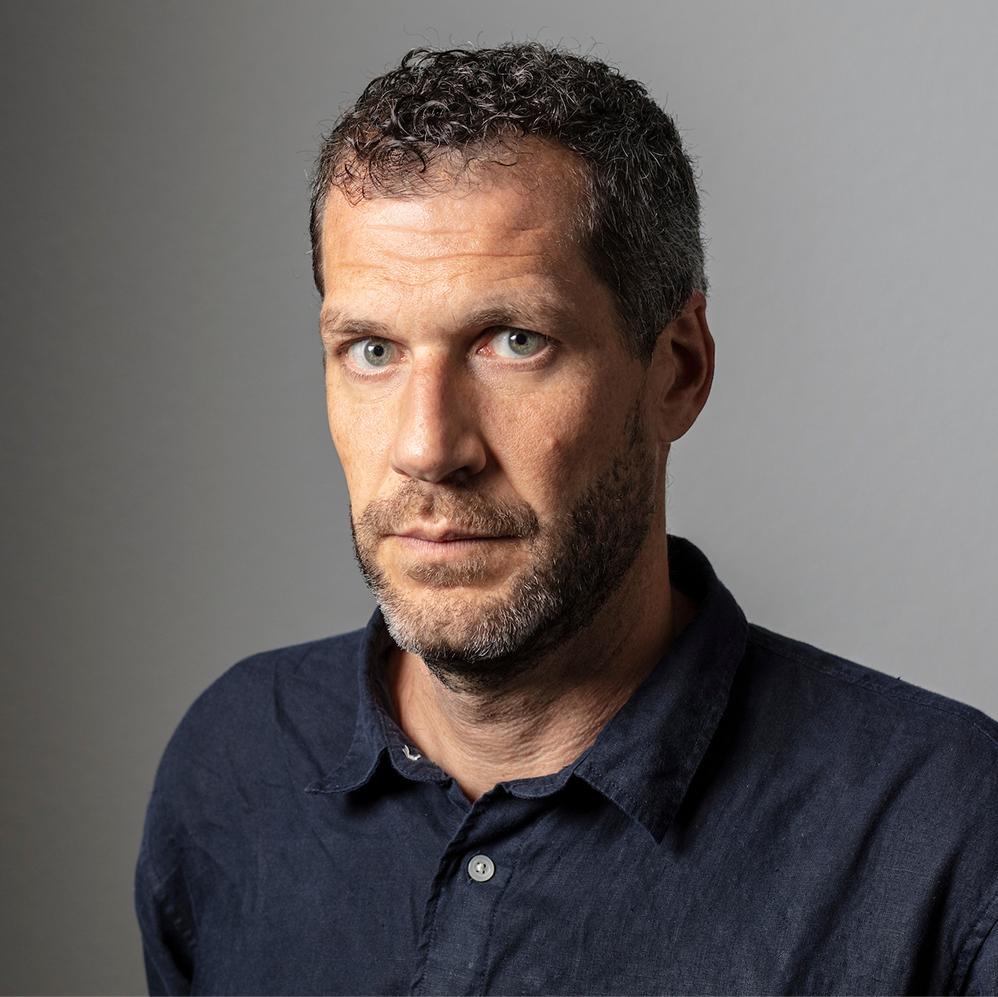
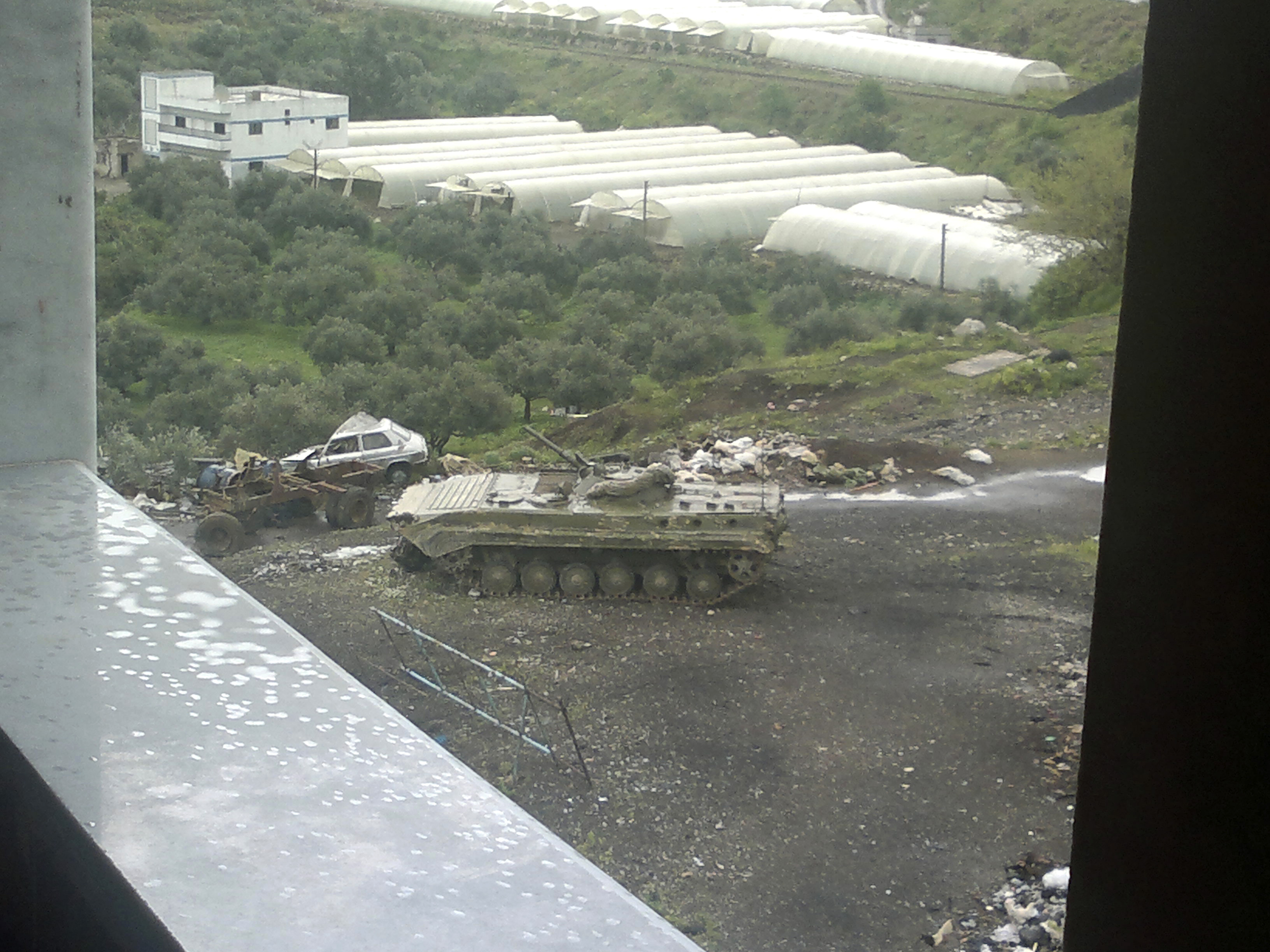
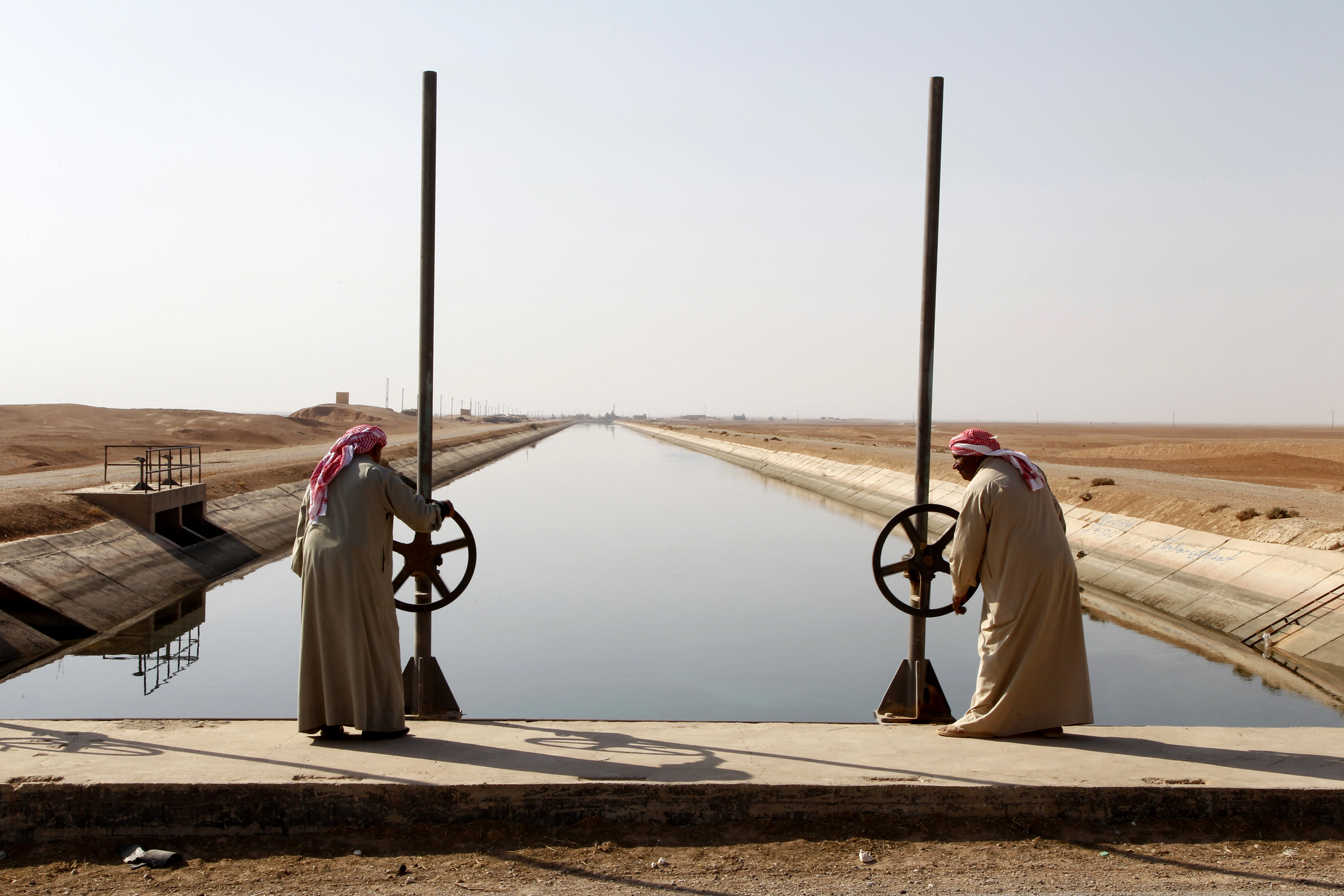
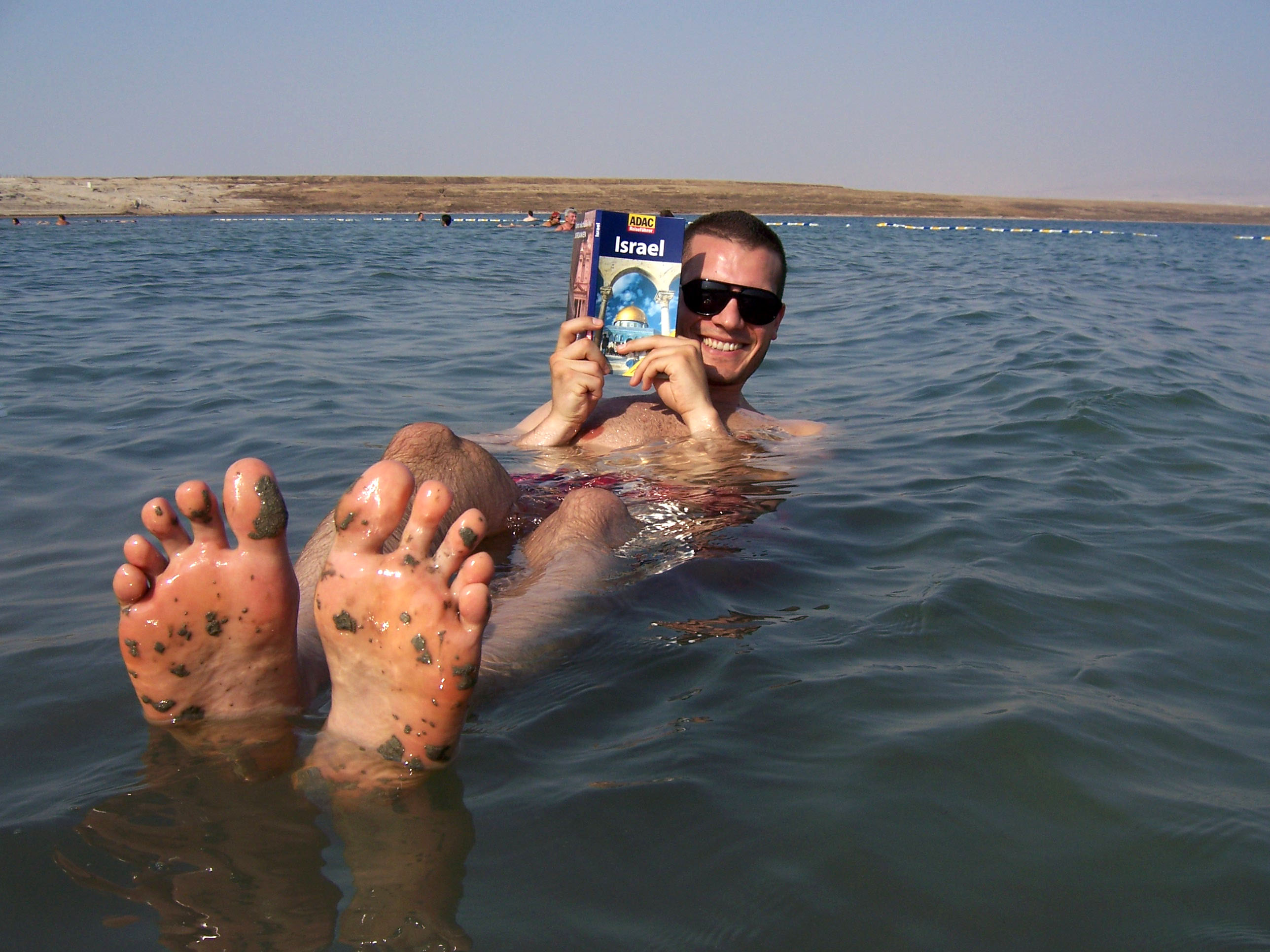

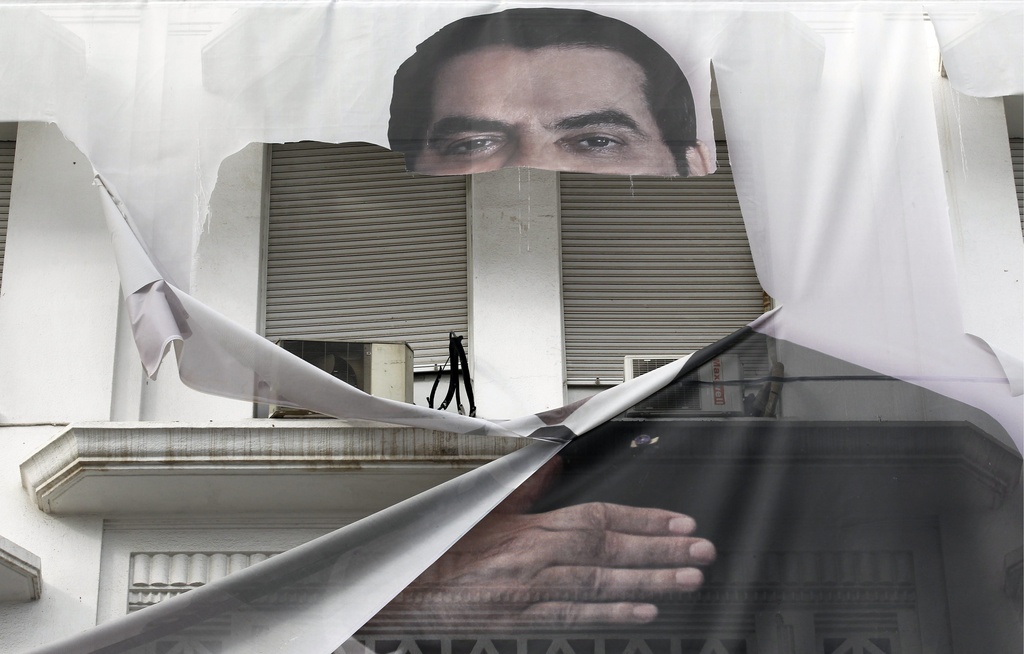
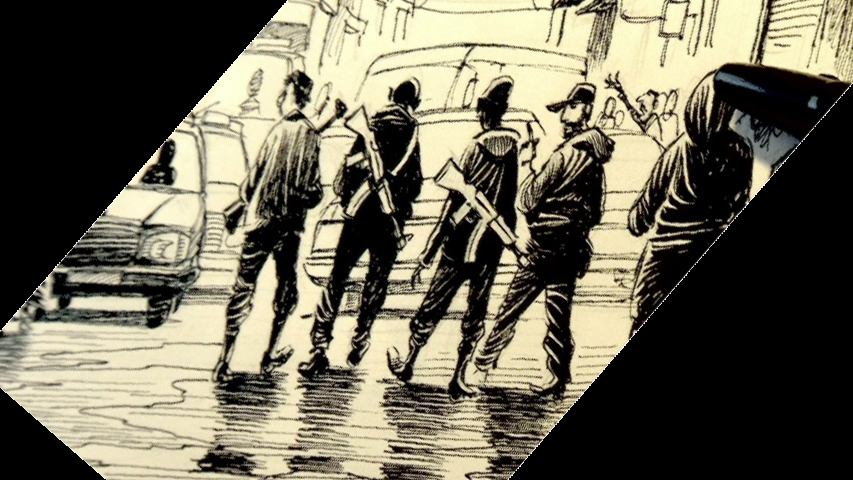
You can find an overview of ongoing debates with our journalists here. Please join us!
If you want to start a conversation about a topic raised in this article or want to report factual errors, email us at english@swissinfo.ch.